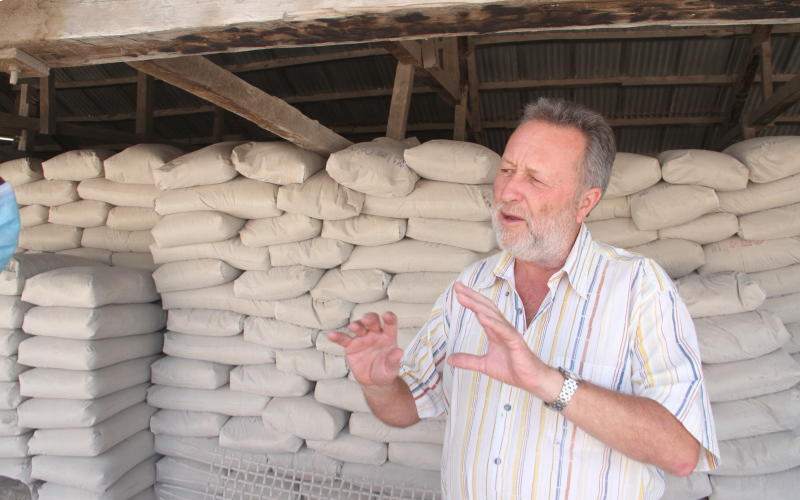×
The Standard e-Paper
Fearless, Trusted News

James ‘Jimmy’ Brooks can be two people at the same time. He can be hard to convince. He can be cold in conversation and dead set in his beliefs and perceptions. For him, there exists little room for grey areas in his human relationships. You are either friend or foe. With him or against him.
But he can also be extremely funny, cracking jokes at the drop of a hat, breaking into anecdotes of his childhood and the adventures that he, as a young boy, went through while growing up in Homa Bay.